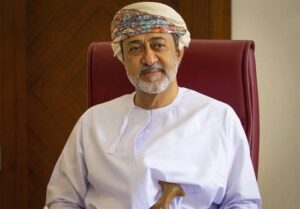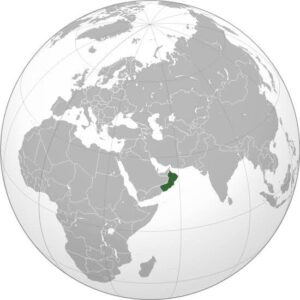 The Sultan of Oman, Haitham Bin Tarik, has set rules for the financial stability of the Sultanate and will focus on diversifying the economy to reduce the country’s reliance on hydrocarbons. He also approved fiscal plans for the next four years to reduce government spending and reduce the national debt.
The Sultan of Oman, Haitham Bin Tarik, has set rules for the financial stability of the Sultanate and will focus on diversifying the economy to reduce the country’s reliance on hydrocarbons. He also approved fiscal plans for the next four years to reduce government spending and reduce the national debt.
Oman aims to improve investment returns from government assets to offset low oil prices and its impact on the country’s economic growth. The Sultan has not relented in his effort to mitigate the effect of the low oil prices due to the coronavirus pandemic on the country’s economy. Part of the measures taken is in the introduction of a 5% Value-Added Tax (VAT) that will begin in the second quarter of 2021.
Economists say the government needs to shift its focus from oil income to reduce the national debt. Economist Khalid Al Sabahi said, “Oman has been talking about a diversification programme for many years but little has been done about it. It simply cannot depend on oil income alone. Privatisation is the way forward here.”
Oman’s set its fiscal budget on oil trading at $58 per barrel, but with oil currently trading at $42 per barrel, the government may face a deficit of 2.5 billion rials in 2020, slightly lower than the 2.8 billion rials projected in the 2019 budget.
The country’s tourism industry has also been hit hard by the pandemic. Over three million tourists visited the country in 2019 compared to less than 200,000 this year. The Khareef festival in the southern city of Salalah, one of the major tourist attractions in the country, was also cancelled.
The government has already had to cut down on spending this year. In August, all civil servants who had completed 30 years of service were retired. In September, the country’s cabinet was reshuffled, and civil ministries were reduced from 26 to 19.
